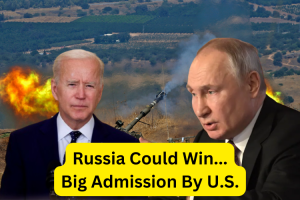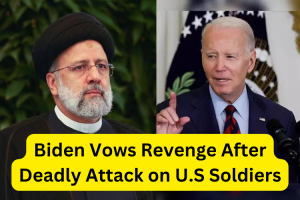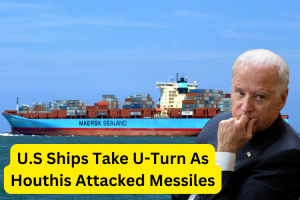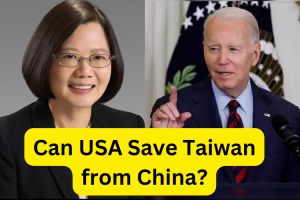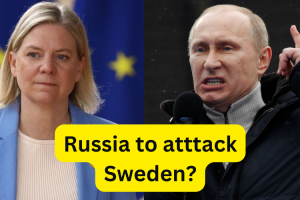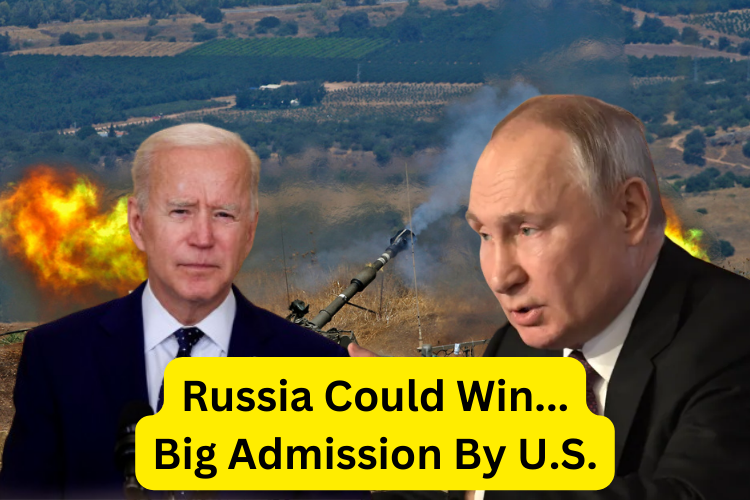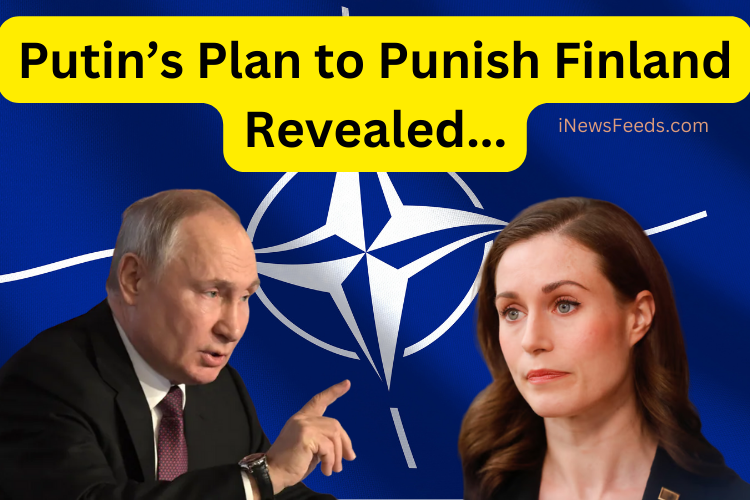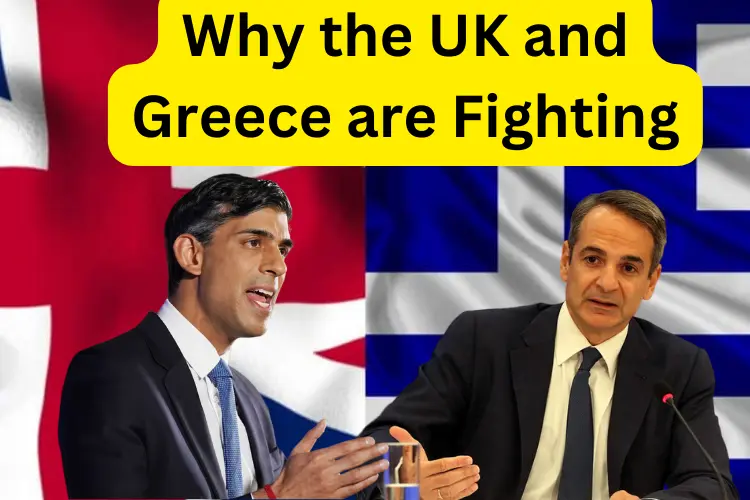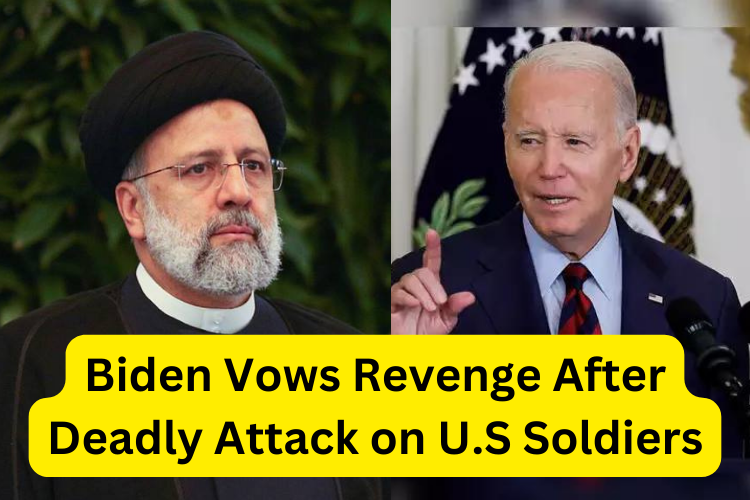Moscow: In recent times, global tensions have escalated on multiple fronts, with conflicts involving Russia and Ukraine, Israel and Hamas, Houthi Rebels and America, and Iran’s missile strikes in Pakistan and other regions. North and South Korea also face heightened border tensions. Amidst these, a surprising development is emerging in Sweden, a nation known for its peacekeeping stance.
Sweden, traditionally peaceful for the past two decades, is now facing the possibility of war with Russia, as declared by its Defense Minister, Carl Oskar Ballin, and military chief, Michael Widen. This unexpected shift raises questions about the origins of this conflict and the geopolitical dynamics at play.
The core issue revolves around Sweden’s potential NATO membership. While Sweden and Finland currently stand outside NATO, joining the alliance would create a formidable NATO stronghold against Russia. The move is seen as strategically significant, providing NATO with direct land access to Russia and potentially reshaping the balance of power in the region.
Finland has already secured NATO membership, but the focus is now on Sweden. The NATO push is not without challenges, with Turkey opposing Sweden’s membership due to concerns related to the Kurdish movement. Turkey alleges that Sweden supports Kurdish activists it considers terrorists, leading to friction in their relations.
In a recent discussion involving Sweden, Turkey, and Hungary, Turkey insisted on Sweden taking strict action against Kurdish activists as a condition for NATO membership approval. The ongoing disagreement reflects the complexity of international relations and the diverse factors influencing decisions on global alliances.
As Sweden contemplates a significant shift from its longstanding neutral position, the world watches closely to see how this development unfolds and the potential repercussions it may bring to an already tense global landscape.

